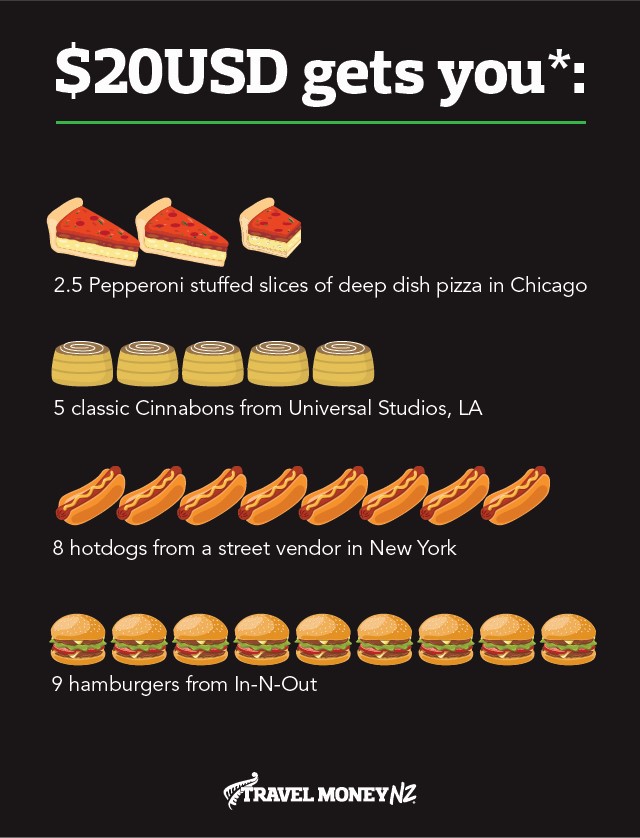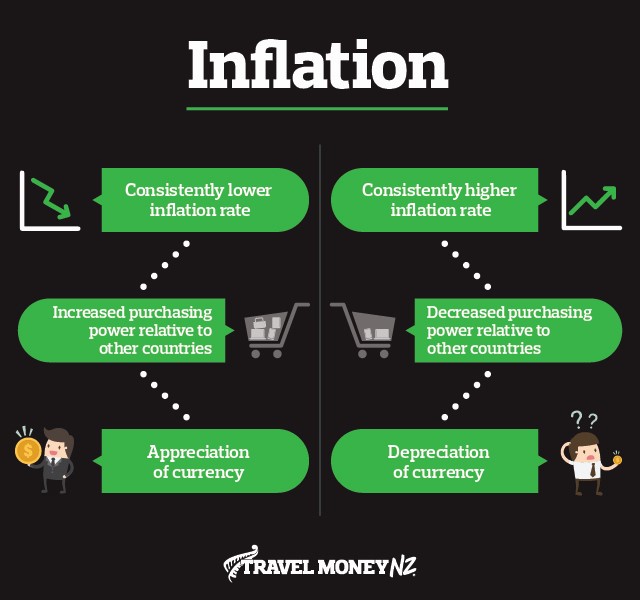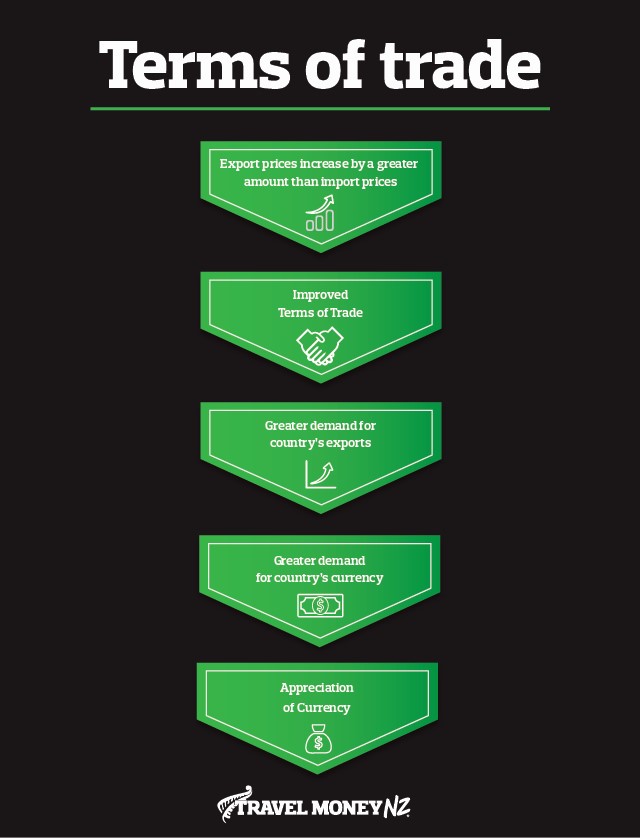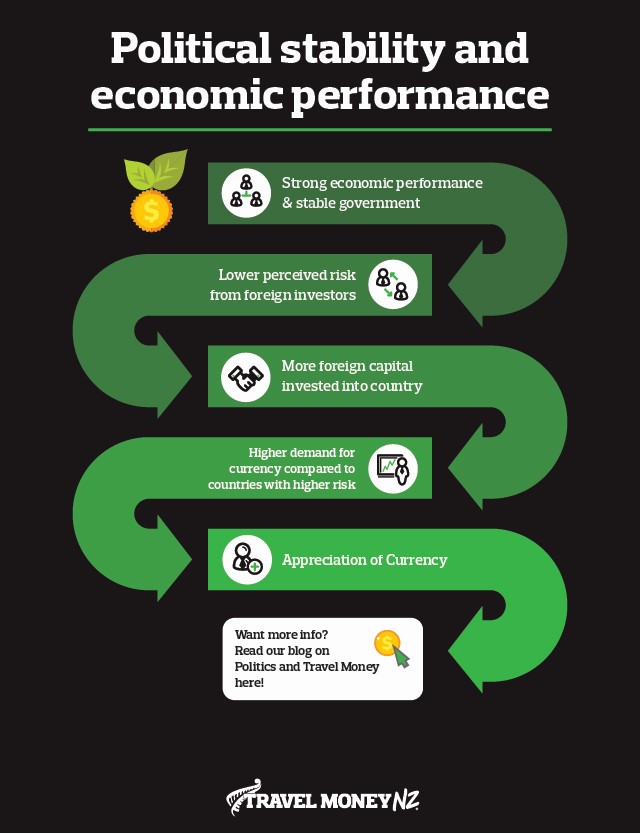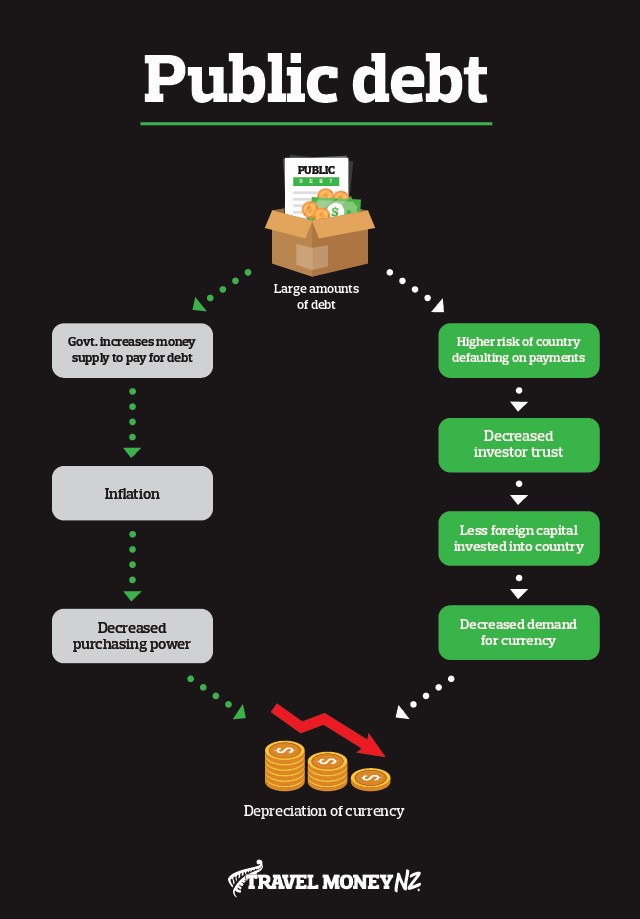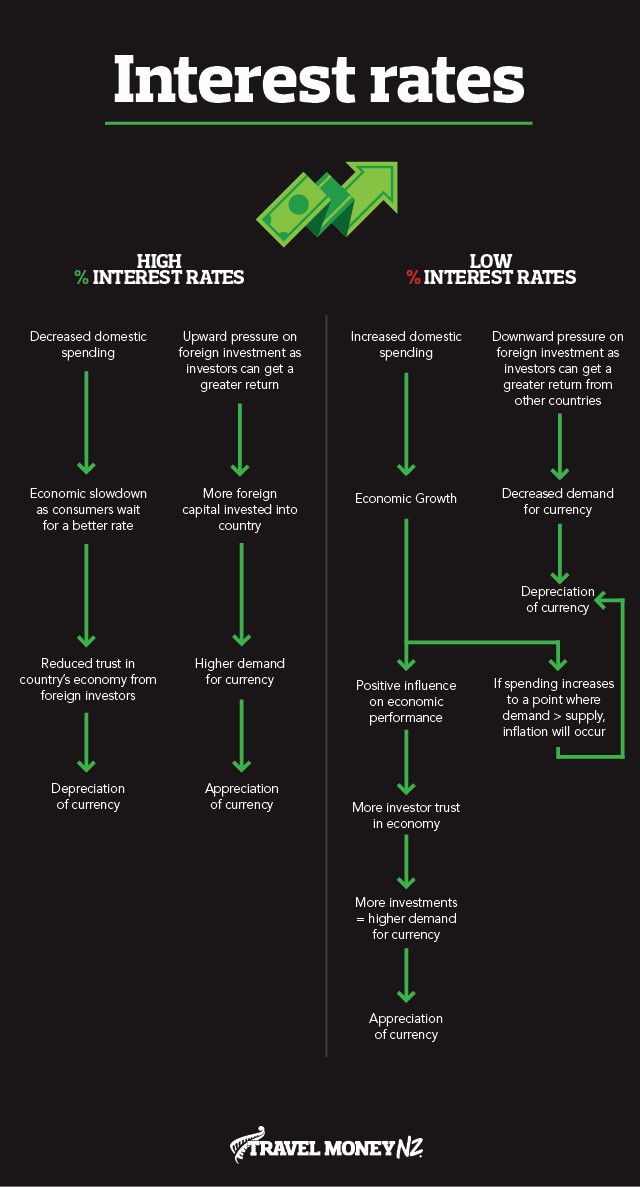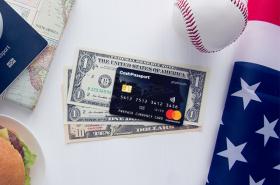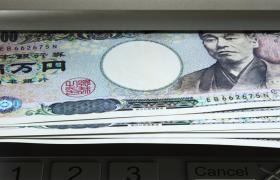Quick Contact

17th June 2019
NZD to USD Forecasting
5 years ago, exchanging $2000NZD for USD would have got you more than $330USD more in your back pocket compared to if you were exchanging today. Whilst it’s unlikely you are planning your next holiday to the USA five years in advance (or have the foresight to know what the Aussie dollar will be doing that far ahead), you can see how dramatically exchange rates can impact your spending power overseas.
Forecasting what the NZD will do versus the USD is certainly not for the faint hearted, especially when you consider the current political powers at play. However, having an understanding of what impacts forecasts can help you maximise your overseas spending money. This understanding, coupled with clever tools like currency alerts, will make your foreign currency experience way easier.
We’ve compiled some forecasts below to give you an idea of what to expect for the upcoming USA travel seasons.
NZD to USD Exchange Rate Forecasts:
So, what does this mean for Kiwi travellers? Let’s just use the mean as an example here. A bonus $20USD will get you*:
How did they come to these predictions you ask? Banks and financial institutions draw on a wide scope of information sources when undertaking US dollar predictions. There are countless streams of data and methods of analysis, none of which are fool proof enough for economists to solely rely on. With this in mind, we recommend considering a few NZD to USD forecasts for a well-rounded view on when to purchase your travel money.
In terms of the metrics behind predictions themselves, the most traveller friendly method is to have an understanding of the relationship between macroeconomic fundamentals and exchange rates. We’ve compiled a crash course in said fundamentals so you can not only increase your trivia knowledge, but also be better informed for the purchase of USD before your next stint in the States.
Get started with a few key definitions.
Appreciation: When the value of one currency increases relative to another. E.g. If the NZD went from 0.64 USD to 0.67USD it has appreciated (this means more NY hotdogs for those playing at home).
Depreciation: surprise surprise, this is when the value of a currency decreases relative to another. E.g. If the AUD went from 0.67USD to 0.64USD it has depreciated. (Less hotdogs and more sadness).
Higher valued currency: cheaper imports (no more abandoning that online shopping cart), more expensive exports and extra spending money in the States.
Lower valued currency: more expensive imports, cheaper exports (more people overseas wearing UGG boots) and less cash for your all American road trip.
Inflation: The rate at which the general level of prices for goods and services is rising and, in turn, a currency’s purchasing power is falling. In other words, $10 back in the day used to get you a lot more than it does now - over time the value of a currency decreases as a result of supply and demand.
Economic growth: The increase in an economy’s capacity to produce goods and services. Growth is generally good, but we don’t want it to be too fast. Good growth is like going on a ride at Disneyland and coming out to see you got an awesome post ride picture. Bad growth is like coming off the ride and throwing up the corndog you just had – too much too soon, friends.
Now, take a look at these bad boys.
It’s important to keep in mind that, as mentioned above, NZD to USD exchange rates are influenced by a multitude of factors. Ultimately, they sum up the supply and demand of a currency in an easy to measure metric.
Actual demand is driven by people’s perception of a currency’s value, and this perception alone is influenced by economics, politics and the media (to name just a few).
You also need to remember that the changes are relative to the other country in which the currency is being compared to. All elements interact and influence each other separately, so they must be considered all together and aligned with both countries to get a truly holistic view
So, as much as it may bore you to tears (or get you super riled up), it is wise to keep an eye on what’s going on in American politics when looking at NZD to USD predictions. A trade agreement, change in leadership or even a tweet can lead to a media frenzy that causes the public to gain or lose trust in the economy and, potentially, put pressure on the USD.
More trust = more people willing to invest in country = greater demand for currency = appreciation
Less trust = less foreign capital invested into country = decreased demand for currency = depreciation
From a travellers perspective, we don’t have a great deal of control over how the NZD will perform against the USD. However, a little bit of knowledge and pre-planning can leave you with some more spending money in your back pocket.
Don’t stress about missing out on a better rate after purchase either! Attach Rate Guard in store and we will refund you the difference should the rate change within 14 days. Talk about supersizing your deal!
*Prices are approximations based of the difference between mean estimates for NZD to USD in September 2019 and December 2019 . Keep in mind prices may vary across states and individual vendors. Cost and quantity estimations should be used as a guide only.
This blog is provided for information only and does not take into consideration your objectives, financial situation or needs. You should consider whether the information and suggestions contained in any blog entry are appropriate for you, having regard to your own objectives, financial situation and needs. While we take reasonable care in providing the blog, we give no warranties or representations that it is complete or accurate, or is appropriate for you. We are not liable for any loss caused, whether due to negligence or otherwise, arising from use of, or reliance on, the information and/or suggestions contained in this blog.
